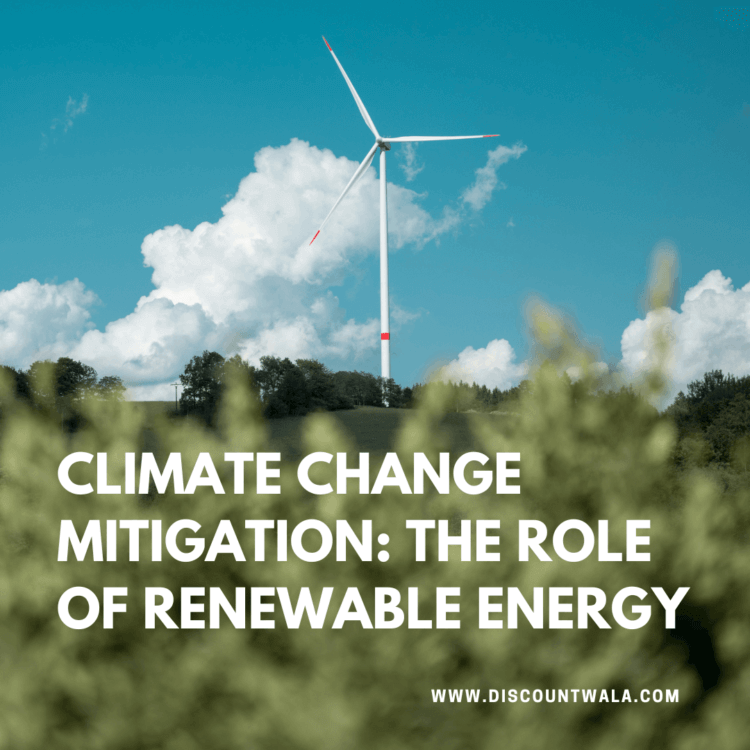Climate change mitigation is a critical global challenge, and the role of renewable energy is central to addressing it. The burning of fossil fuels for energy production is a primary driver of greenhouse gas emissions, which trap heat in the Earth’s atmosphere and contribute to global warming. Renewable energy sources offer a sustainable alternative that can significantly reduce these emissions. Here’s an overview of the role of renewable energy in climate change mitigation:
Reducing Greenhouse Gas Emissions
Energy Transition
Energy Efficiency
Distributed Energy Generation
Technological Advancements
Job Creation
Energy Security
Resilience to Climate Change
International Cooperation
The adoption of renewable energy is often part of international efforts to combat climate change, such as the Paris Agreement. Countries can collaborate on technology transfer, funding, and capacity-building initiatives to promote the use of renewables on a global scale.
While renewable energy plays a crucial role in climate change mitigation, it is important to recognize that a comprehensive approach to addressing climate change involves multiple strategies, including energy efficiency measures, carbon capture and storage, reforestation, and changes in lifestyle and consumption patterns. Nevertheless, the transition to renewable energy sources remains one of the most effective and immediate ways to reduce greenhouse gas emissions and mitigate the impacts of climate change.










No Comments
Leave Comment